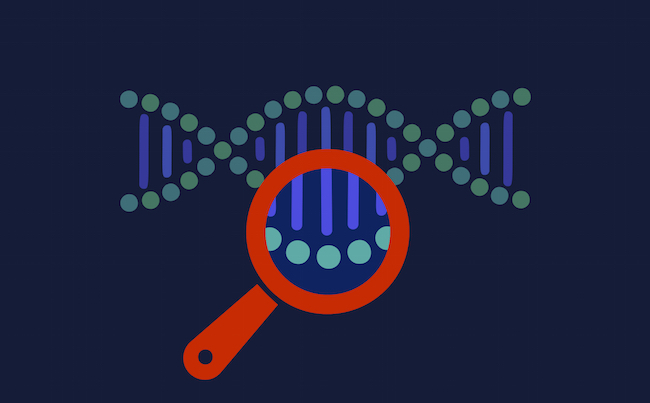Genetic testing – how does it work?
Genetic testing, or screening, is a process that looks at DNA from samples of body fluids or tissues for certain changes (mutations) in genes.
Your genes are wrapped-up in chromosomes. Everyone has 23 pairs of chromosomes that contain your genetic code. An example of a chromosome pair is the one that determines the sex of a baby (XX and XY). If there are two Xs, the baby will be a girl. If there is an X and a Y, it will be a boy.
Changes to your chromosomes or genetic code can be important when you are trying to conceive because some of these changes are related to being infertile, having a miscarriage, or having a child with a certain genetic disorder (for example, Trisomy 21 or Down Syndrome).
Why opt for genetic testing?
Some reasons for genetic testing include:
- To determine whether there is a genetic cause for infertility.
- To help people going through in vitro fertilization (IVF) decide if the embryo is healthy.
- Example: To test for genetic irregularities among individuals who have an increased risk of having a baby with a hereditary or chromosomal disorder (for example, members of the Ashkenazi Jewish community or French Canadians).
Examples of genetic tests
If you are thinking about genetic testing, talk to your doctor, who can explain the various types of tests and refer you to a genetic counsellor if necessary.
Examples of genetic tests include:
- Karyotype testing: An analysis to determine if you have extra, missing, or damaged chromosomes.
- Klinefelter syndrome is one example of a condition involving an extra X chromosome. This syndrome can lead to very small testicles and imbalances in testosterone.
- Another example is Kallmann syndrome, which is the result of certain irregularities in gene coding. These irregularities can lead to delayed puberty and low testosterone levels, and a very small penis.
- Y chromosome microdeletion testing: An analysis to determine whether parts of the Y chromosome are missing.
- While many men have parts of their Y chromosome missing, these small deletions can reduce the number of sperm they produce.
- Autosomal gene mutations and polymorphisms testing: Examination of 22 chromosomes (excluding the non-sex chromosomes X and Y) for changes that are related to a disease.
- An example of this is cystic fibrosis (CF). Cystic fibrosis is a multi-system disorder that affects your lungs, fertility status, and weight.
- Fragile X carrier testing: A blood test that looks to see if you are a carrier of Fragile X.
- Fragile X is caused by a change (mutation) on a gene on the X chromosome that can be inherited. This condition causes developmental delays and mental impairments.
- Women carriers of Fragile X may experience infertility. Men who carry Fragile X do not generally have fertility-related symptoms.
- If both partners trying to conceive are carriers of Fragile X, the child may be at higher risk of being born with Fragile X.













